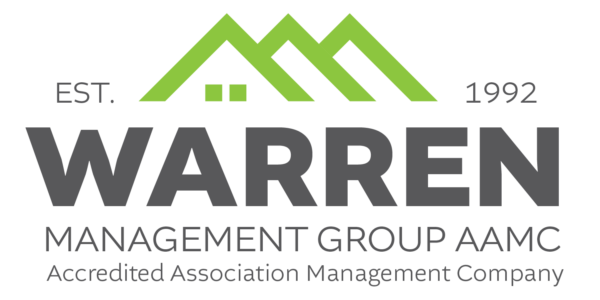Common-interest communities, whether residential or commercial, have three common characteristics.
- Membership is mandatory and automatic by ownership of property.
- Certain documents bind all owners to be governed.
- Mandatory lien-based assessments are levied on each Owner in order to operation the corporation.
The documents referred to are called “governing documents” and include a collection of documents, not one single document (as often misperceived), each having a specific hierarchy:
- Federal statutes
- State statutes & local ordinances
- Recorded Plat
- The Declaration of Covenants
- Bylaws
- Articles of Incorporation
- Design Guidelines
- Rules & Regulation (aka Community Guidelines)
- Policy Resolutions of the Board
Covenants run with the land. This means it is a promise which is in writing and has been recorded which states on its face that it is appurtenant to a particular parcel of real property. The covenants are said to “run with the land” because it remains with the property whenever the property is conveyed from one owner to another.
Whether a new owner acknowledges the presence of Covenants does not affect whether or not the document is valid and binding. The Owner has the responsibility to know about any restrictions binding against the property.
One of the purposes of community associations is to preserve, maintain and enhance the properties within the community, upholding the standards of the community (which are initially established by the developer of the property known as the Declarant).
Associations are (typically) established as non-profit corporations, which function through the authority of a Board of Directors, which is delegated the authority of decision-making for the entity. Few decision-making rights are given to the Owners, which are referred to as “members.”
Governance is the process of upholding the community’s standards and procedures as outlined in the governing documents. Governance policies (aka Covenant Management Policies) therefore provide a systematic process to the responsibility of governance so that enforcement is managed in a timely manner with consistency.
Does my Association have a covenant management policy?
All Associations subject to Colorado’s Common Interest Ownership Act 38-33.3 are required to adopt a responsible governance policy that defines how the enforcement of covenants and rules is to be carried out, including notice and hearing procedures as well as the schedule of fines. This policy also facilitates a proper working relationship between Management and the Board with clear direction for the consistent handling of violations. This policy communicates an expectation that the Owners can expect to be followed should they fall into violation on their property or report a violation. (Ref: Section 209.5)
Who adopted this policy?
The authority for the adoption of rules is given to The Board of Directors.
I’ve reported this violation before. Why hasn’t something been done? I shouldn’t have to keep asking!
Just because you can’t “see” results doesn’t mean nothing has been done! The policy includes a step-by-step process. Owners often fail to comply with the first notice of a violation; sometimes we don’t see cooperation after two notices.
What’s important to understand is this: The process is in place and is used consistently when violations occur in your neighborhood. When the process is allowed to “run its course,” the Association demonstrates consistent response and application to “like violations” and provides the foundation for legal action, if such is needed to reach resolution.
